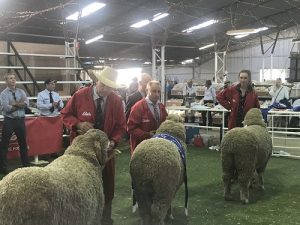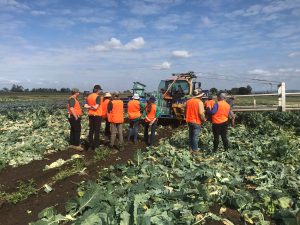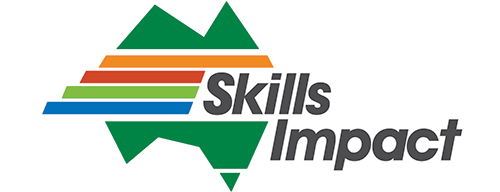 The next instalment of our Industry Training Advisory Bodies (ITABs) feature focuses on Queensland. Read last month’s about what an ITAB is and what they do.
The next instalment of our Industry Training Advisory Bodies (ITABs) feature focuses on Queensland. Read last month’s about what an ITAB is and what they do.
Queensland Industry Skills Advisors
ITABs take many forms, and in Queensland, it is the Queensland Industry Skills Advisors (ISAs) that advise the Queensland Government. ISAs work is aligned to the Skills for Queensland – Great Training for quality jobs priorities, of employment, small business, and regional skills needs.
As with the WA ITAB profiled in February, Industry Skills Advisors (ISAs) engage with employers, small businesses and industry stakeholders to provide high quality, evidence-based industry advice and intelligence.
ISAs advise the QLD Department of Employment, Small Business and Training to:
- inform and align QLDs training, skills priorities and decision-making, including program design and investment settings
- support and connect with the state’s industry engagement framework priorities, including the work of departmental, regional officers, Regional Jobs Committees, Jobs Queensland and the Ministerial Skills Roundtable
- inform and contribute to national vocational education and training (VET) reform agendas and the review and development of training package products
- support employer, small business and industry’s connection and engagement with VET and VET pathways and programs, initiatives, and events.
The QLD Industry Skills Advisors provide coverage for the following industry sectors:
- Agriculture and horticulture
- Automotive
- Business and ICT
- Community services
- Electrotechnology and utilities
- Fitness, sport and recreation
- Health
- Manufacturing and engineering
- Resources and mining
- Retail and personal services
- Tourism, hospitality and events
- Transport and logistics
- Water
The Agriculture and Horticulture Industry Skills Advisor (ISA)
The Queensland Farmers’ Federation (QFF) is the contracted Industry Skills Advisor for the Agriculture and Horticulture industry with indicative coverage of: agriculture; animal care and management; aquaculture and fishing; conservation and land management; forestry; horticulture; irrigation; landscape construction and primary industries.
As ISA the QFF engages and collaborates with peak agricultural industry bodies that represent the breadth of agricultural industries in Queensland. Examples include:
 Rural Jobs & Skills Alliance (RJSA) – an alliance of peak agricultural bodies in Queensland to identify the sector’s workforce needs and seek effective solutions to ensure a sustainable agricultural workforce for Queensland. The RJSA acts as the Industry Reference Group for the ISA providing direction and endorsement to the activities and advice provided by the ISA to the department.
Rural Jobs & Skills Alliance (RJSA) – an alliance of peak agricultural bodies in Queensland to identify the sector’s workforce needs and seek effective solutions to ensure a sustainable agricultural workforce for Queensland. The RJSA acts as the Industry Reference Group for the ISA providing direction and endorsement to the activities and advice provided by the ISA to the department.
Queensland Farmers Federation, AgForce Queensland, Cotton Australia, Growcom, CANEGROWERS, TABMA, Irrigation Australia, Nursery and Garden Industry Queensland, Australian Prawn Farmers Association, Tropical Carbon Farming Innovation Hub, Queensland Dairy Farmers’ Organisation, Queensland Arboricultural Association, Turf Queensland and Landscape Queensland.
Industry Advisor Rod Morris works with the organisations to collect evidence about the agriculture and horticulture industry and then synthesise this into quality industry advice back to the Queensland Department of Employment, Small Business and Training.
Rod Morris, said, ‘The key role of the ISA is to provide evidence based advice about industries training and skills needs to the Queensland Government.’
The ISA aims to understand workforce issues by collecting industry advice and intelligence on current and emerging industry directions to provide feedback to the Department of Education Small Business & Training on regional skills needs and training solutions, and jobs growth and employment opportunities.
The ISA scope of work is broad with the key performance areas around:
- engaging with employers, small businesses, and industry stakeholders
- setting up networks to engage with business at the coalface
- liaising with RTOs
- liaising with Queensland schools through the Queensland Agricultural Teachers Association.

